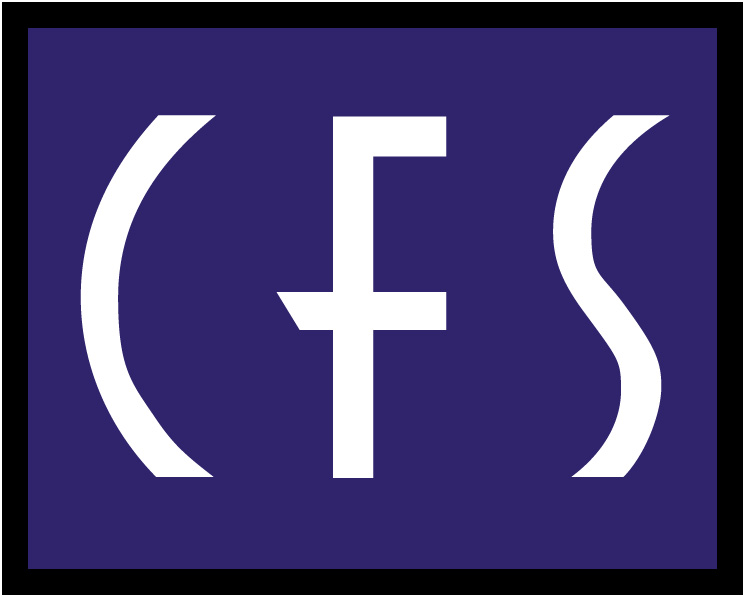Do you struggle knowing what to expect when going into a second-round interview? CFS is here to help you prepare and share what steps you can take to succeed.
Second-round interviews can be stressful. From thinking about how many people will be there, the seniority of the interviewers, and what questions to ask, preparing for your interview can be daunting. We recently sat down with two of our tenured Staffing Managers, who work with matching candidates with companies daily, to get their advice on second-round interviews.
Joanne Baranofsky, Director of Staffing in our Boston office, says it is important to prepare for a second interview during the first. Take strong notes throughout the first interview; it is especially important to note the names and titles of the people you interview with. Recalling this information shows that you were attentive and that you are truly interested in the opportunity. Knowing what was asked in the first interview can be beneficial, if the same questions are asked then you will know how to respond. Employers expect consistency in your responses.
It is important to set yourself up for success. Before entering the second interview it is helpful to get into the mindset that there could be multiple people interviewing you. This means bringing multiple copies of your resume is a must. You will also want to have multiple questions written down on a notepad. Ashley DeSimone, Managing Director of Staffing in our New York office, suggests that you have at least 10 questions prepared to ask your interviewer(s). This ensures that you have enough questions to ask, as some may come up naturally in conversation. Remember, they are not only interviewing you; you are interviewing them as well. Think thoroughly about what type of job/employer you would like to have and pick your questions accordingly. “If you are unsure of what to ask a hiring manager, you can always advert to their position and what they like about the company. People love talking about themselves” (DeSimone).
Be Prepared to Have Answers to the Following Questions:
- Tell me about yourself.
- What do you know about our company?
- Why do you want to work here?
- Why are you looking to change positions?
- Tell me what you consider to be your strengths and what you consider to be your weaknesses?
- What are your compensation requirements?
- What do you have an interest in doing outside the scope of the job?
- What do you like most about your current job (or manager)? What do you like the least?
- Where do you see yourself in five years?
- What is the best thing that your boss will say about you? What is the worst?
- Name five (5) adjectives that you would use to best describe yourself?
If you want to stand out from other candidates during your interview, make your accomplishments known. Discuss your strengths/skills and how they have helped you succeed. “It’s good to say that you’ve accomplished something, but it is more impactful to say how” (Baranofsky). The STAR (situation, task, action, and result) method is a great formula to use. It is also beneficial to let hiring managers know your preferred communication style. It’s often a question that is asked, but you can be proactive and let them know before the question arises.
DeSimone advises that some companies will ask negative questions to try and get to know you better on a personal and professional level. This may look something like, “What is your least favorite part about being an Administrative Assistant?”. These questions are not typically normal, but you should prepare for them just in case. For additional sample questions that will help you prepare for your upcoming interview, review the Career Transition Guide with your CFS recruiter.
Questions To Ask During Your Interview:
- Could you tell me about the growth plans for the company (or department)?
- How would you describe the culture here?
- What would my day-to-day tasks be?
- What are the greatest challenges I will face in this position?
- Do you expect the main responsibilities for this position to change in the next six months/year?
- What skills do you feel are important to be successful in this position?
- To reconfirm strengths: “That is very interesting. Let me tell you about my background and what I have done as a professional that has prepared me so well for this position.”
- Overcoming a weakness: “I don’t have that specific background, but I am bringing the following skills to the job…” (give examples). “Let’s talk about how you can help me in the one area that I’ve had less exposure to.” (Alternative: “How long would it take to learn that skill?”)
- Tell me about your background; why did you join this company?
- Is there anything in my background or experience to prevent you from considering me as a viable candidate?
- What could the person before me improve upon? And how would you like to see that be done differently in this role?
- “What else can I do to get an offer from your company?” (If a single decision-maker); or “Are you personally comfortable recommending me for this position?” (When it is a committee decision)
Below are a few final reminders for success:
- What to Bring
- 2 or 3 extra copies of your up-to-date resume.
- List of references.
- Pen and notepad for taking notes.
- Dress Appropriately and Act Appropriately
- A professional and well-groomed appearance is critical.
- Enthusiasm is by far the most important quality in a job interview.
- Be positive.
- Remember Names
- Try to use the names of the people you meet in conversation.
- Interviewers are like everyone else; they like to hear their own names.
- Pay Attention to Body Language
- Smile.
- Have a firm handshake.
- Make frequent eye contact.
- Sit up straight.
- Interviewers assume that the way you handle yourself in the interview is the way you’ll handle yourself in the job. Your goal is to come across as interested, alert, and eager.
- Send a Thank You Note
- Once your interview has concluded, it is crucial to send a detailed and personal thank you note to the hiring manager(s). Your CFS recruiter can proofread before sending.
When utilizing a CFS recruiter, we will personally prepare you for every interview you have with a potential employer. If your interview is not in person, do not worry; check out our Virtual Interview Tips. Let our network work for you; contact a CFS recruiter today to help find you your dream job.



